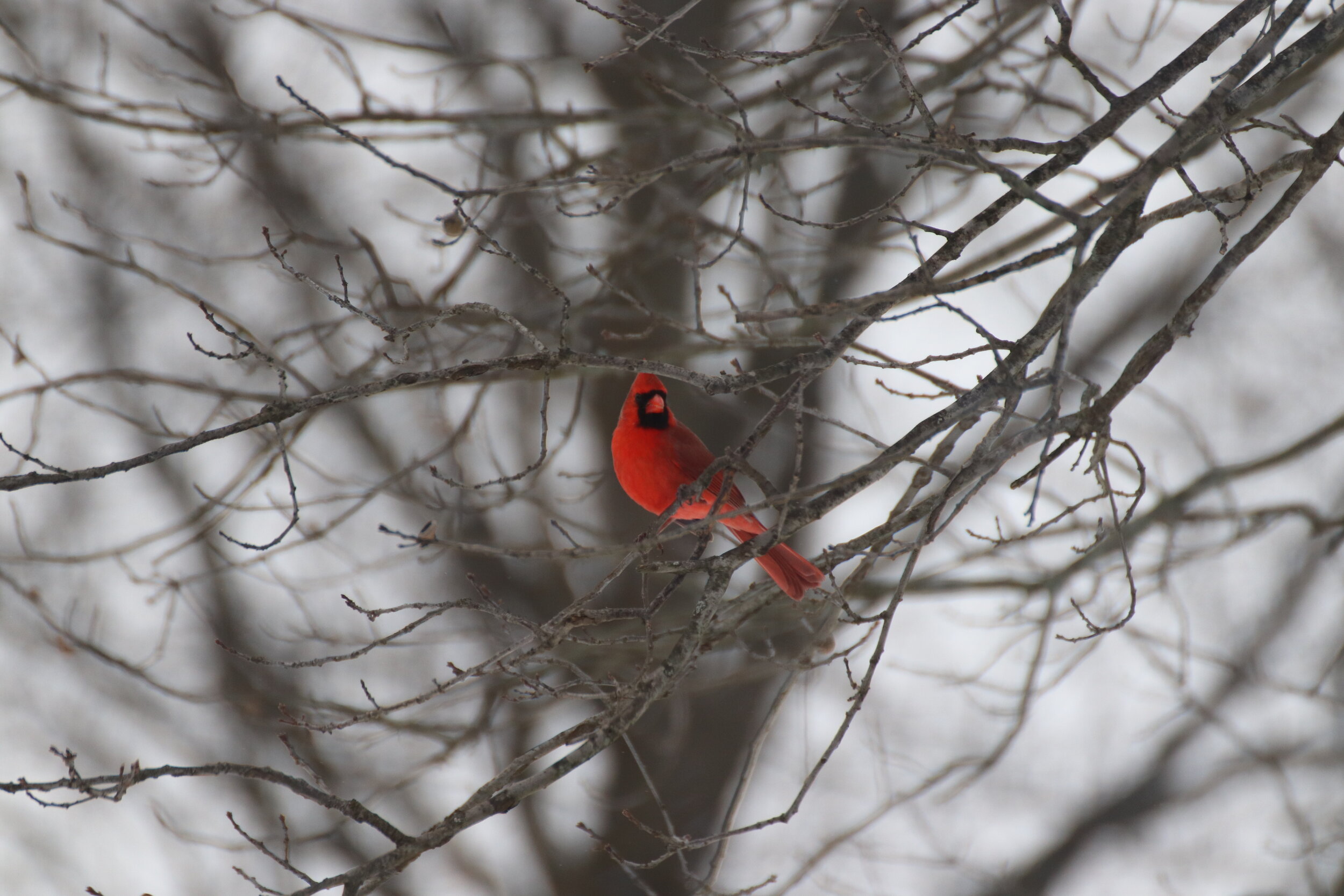Mary Oliver was an “indefatigable guide to the natural world,” wrote Maxine Kumin in the Women’s Review of Books, “particularly to its lesser-known aspects.” Oliver’s poetry intently focused on the quiet and often overlooked occurrences of nature: industrious hummingbirds darting among the flowers, elegant egrets standing poised in their habitat, and the serene, motionless ponds that reflect the sky above, along with “lean owls / hunkering with their lamp-eyes” in the twilight. Kumin also noted that Oliver “stands quite comfortably on the margins of things, on the line between earth and sky, the thin membrane that separates human from what we loosely call animal.” Over her impressive career, Oliver’s poetry was honored with numerous prestigious awards, including the Pulitzer Prize, the National Book Award, and a Lannan Literary Award for lifetime achievement. Reviewing her influential collection Dream Work (1986) for the Nation, critic Alicia Ostriker numbered Oliver among America’s finest poets, describing her as “visionary as [Ralph Waldo] Emerson,” which emphasizes the impact of her work on the literary landscape.
Mary Oliver was born and raised in the tranquil setting of Maple Hills Heights, a suburb located just outside of Cleveland, Ohio. Throughout her childhood, she often sought solace from the challenges of a difficult home life by retreating into the nearby woods, where she would gather sticks and grass to construct small huts. In these natural shelters, she found inspiration and spent countless hours writing poetry. Oliver pursued her education at both Ohio State University and Vassar College, although she ultimately did not earn a degree from either of these esteemed institutions. During her formative years as a poet, she was profoundly influenced by the work of Edna St. Vincent Millay and had the unique opportunity to briefly reside in Millay’s home, where she assisted Norma Millay in organizing her late sister’s literary papers. While Oliver has always been known for her reticence regarding her private life, it was during this period that she encountered her long-time partner, Molly Malone Cook, which would prove to be a significant relationship in her life. The couple eventually moved to the picturesque town of Provincetown, Massachusetts, where the stunning landscape of Cape Cod began to play an instrumental role in shaping Oliver’s writing. Her poetry, celebrated for its clear and poignant observations as well as its evocative portrayals of the natural world, is firmly rooted in place and reflects the traditions of Romantic literature. Oliver's writing garnered early critical attention, with her fifth book, American Primitive (1983), winning the Pulitzer Prize. Bruce Bennett, in his review for the New York Times Book Review, noted that American Primitive “insists on the primacy of the physical,” while praising Oliver’s “distinctive voice and vision.” Holly Prado, writing for the Los Angeles Times Book Review, also commended Oliver’s original voice and remarked that American Primitive “touches a vitality in the familiar that invests it with a fresh intensity.”
Mary Oliver was the Catharine Osgood Foster Chair for Distinguished Teaching at Bennington College until 2001. She won several major awards, including the Pulitzer Prize and National Book Award, along with fellowships from the Guggenheim Foundation and the National Endowment for the Arts. Additionally, she received the American Academy of Arts & Letters Award, the Shelley Memorial Prize from the Poetry Society of America, and the Alice Fay di Castagnola Award. Oliver lived in Provincetown, Massachusetts, and Hobe Sound, Florida, until she died in early 2019 at the age of 83.
Mary Oliver (1935-2019) ©Mariana Cook
Mary Oliver
“I don’t know exactly what a prayer is.
I do know how to pay attention, how to fall down
into the grass, how to kneel down in the grass,
how to be idle and blessed, how to stroll through the fields,
which is what I have been doing all day.”
“Mindful”
Everyday
I see or hear
something
that more or less
kills me
with delight,
that leaves me
like a needle
in the haystack
of light.
It was what I was born for —
to look, to listen,
to lose myself
inside this soft world —
to instruct myself
over and over
in joy,
and acclamation.
Nor am I talking
about the exceptional,
the fearful, the dreadful,
the very extravagant —
but of the ordinary,
the common, the very drab,
the daily presentations.
Oh, good scholar,
I say to myself,
how can you help
but grow wise
with such teachings
as these —
the untrimmable light
of the world,
the ocean’s shine,
the prayers that are made
out of grass?
by Mary Oliver from Why I Wake Early. © Beacon Press, 2005.
Photos: © linda d lewis







